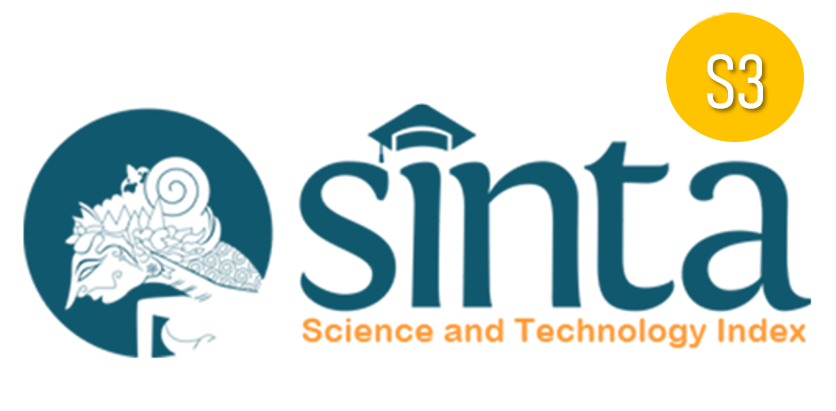Utilization of Work-Based Learning Program to Develop Employability Skill of Workforce (Craftsmen) In Construction Industry Towards Industrial Development
Abstract
Keywords
Full Text:
PDFReferences
Akinyemi, S., and Ofem, I. B. (2011). Graduate turnout and graduate employment in and other work-based learning experiences for high school youth. Journal of Vocational and Technical Education, 12(1), 15-26.
Bremer, C. D., and Madzar, S. (1995). Encouraging employer involvement in youth apprenticeship and other work-based learning experiences for high school students.
Coffield, F. (1999). Breaking the consensus: Lifelong learning as social control. British Educational Research Journal, 25(4), 479-499.
Hogan, R., Chamorro-Premuzic, T., and Kaiser, R. B. (2013). Employability and career success: Bridging the gap between theory and reality. Industrial and Organizational Psychology, 6(1), 3-16.
Singh, G. K. G., and Singh, S. K. G. (2008). Malaysian graduates’ employability skills. UNITAR E-Journal, 4(1), 15-45.
DOI: https://doi.org/10.17509/ijert.v2i3.43970
Refbacks
- There are currently no refbacks.
Copyright (c) 2022 Universitas Pendidikan Indonesia

This work is licensed under a Creative Commons Attribution-ShareAlike 4.0 International License.







.png)




